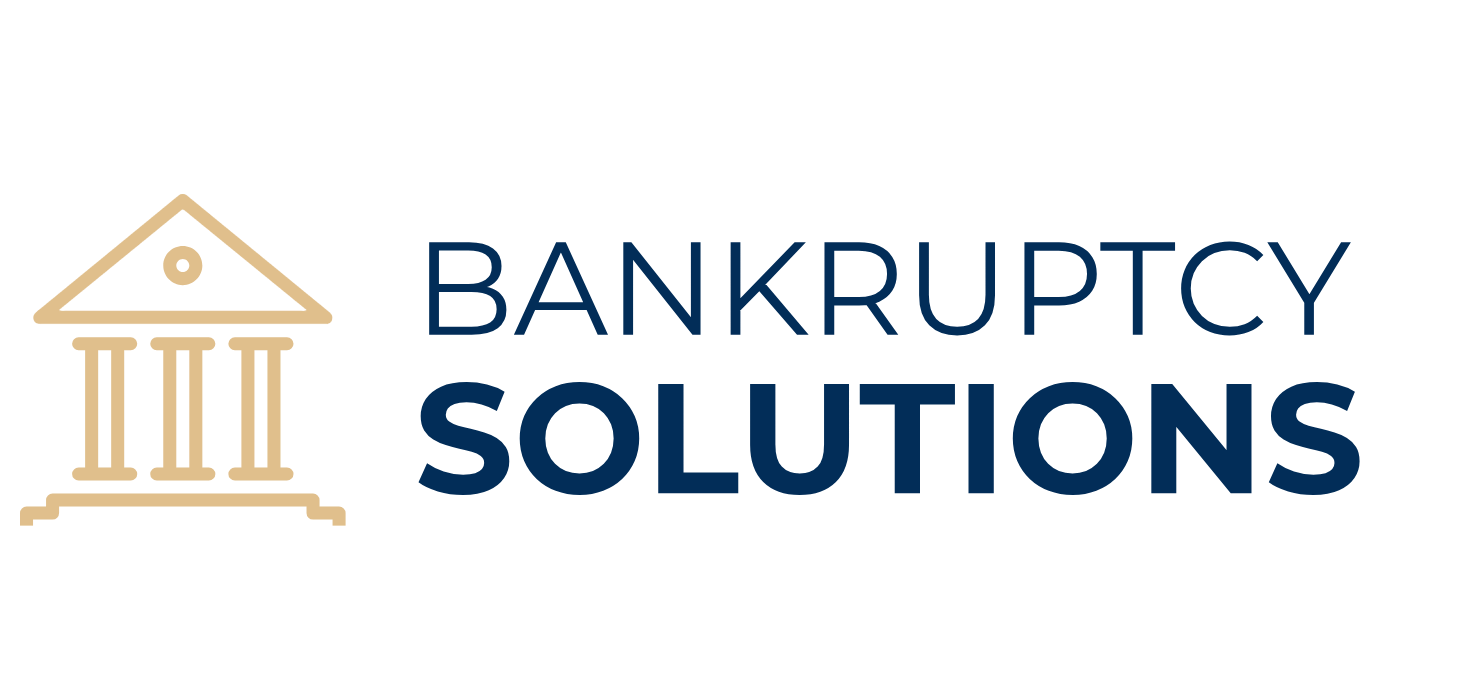Facing the prospect of business bankruptcy can be daunting, but it’s essential to understand that it’s not the end of the road. In this article, we will tackle key questions, provide interesting facts, and offer practical advice, making this complex topic easy to comprehend.
What Do I Do If My Business Goes Bankrupt?
Business bankruptcy doesn’t necessarily mean the end, but If your business faces the ominous prospect of bankruptcy, it’s essential to act swiftly and decisively.
- Assess Your Finances:
- Take a detailed look at your financial situation, understanding the depth of the problem.
- Consult a financial advisor or accountant to gain insights into your options.
- Consider Bankruptcy Types:
- Chapter 7: Business assets are sold to repay creditors.
- Chapter 11: Business reorganization, allowing operations to continue.
- Chapter 13: Available for sole proprietors, involving a repayment plan.
Interesting, that according to 2021, the average business debt in the US was approximately $195,000, varying by industry and company size.
How to Make Money When a Business Goes Bankrupt?
Finding ways to generate revenue even amidst bankruptcy is crucial. Explore revenue-generating opportunities within your business:
- Sell Assets:
- Liquidate assets, machinery, or inventory to generate funds.
- Online platforms can expand your reach to potential buyers.
- Freelancing or Consulting:
- Utilize your expertise to offer freelance services or consultancy.
- Websites like Upwork and Fiverr connect freelancers with clients globally.
Smart financial decisions during bankruptcy can aid in sustaining your business.
If a Business Goes Bankrupt, Does It Automatically Close?
No, bankruptcy doesn’t automatically close a business. Bankruptcy proceedings provide an opportunity to reorganize, repay debts, and continue operations.
The outcome depends on the type of bankruptcy filed. Chapter 7 bankruptcy, for instance, often leads to liquidation and business closure, while Chapter 11 allows for reorganization, giving the business a chance to continue operations.
Can I Deduct Loss on a Business That Went Bankrupt?
Yes, you can deduct business losses resulting from bankruptcy on your tax return. Consult a tax professional to understand the applicable deductions and tax implications of your business bankruptcy. Proper documentation and compliance with tax laws are essential in this process.
How to Separate Business from Personal in Case of Bankruptcy?
Maintaining a clear distinction between business and personal finances is crucial, especially during bankruptcy.
- Maintain Separate Accounts:
- Always keep personal and business finances separate.
- This separation simplifies bankruptcy proceedings, clearly defining business assets.
- Avoid Personal Guarantees:
- Be cautious about personally guaranteeing business loans.
- Seek legal advice before making such commitments.
Commingling finances can complicate bankruptcy proceedings and personal liability.
Bankrupt Business: Do I Have to Still Pay Rent?
During bankruptcy, rental agreements pose a unique challenge. If your business is leasing a commercial space and goes bankrupt, the lease terms will dictate the obligations. In some cases, personal guarantees or specific clauses may hold the business owner responsible for rent, while others might allow for lease termination in bankruptcy proceedings.
If you’re the tenant, bankruptcy doesn’t automatically terminate your lease. You can choose to assume or reject the lease. If you’re the landlord, consult a bankruptcy attorney to understand your rights and options during this period.
What Can I Expect If My Business Goes Bankrupt?
If your business faces bankruptcy, prepare for a complex and often lengthy process. You can expect close scrutiny of your financial records, negotiations with creditors, and potential asset liquidation. The specific outcome will depend on the type of bankruptcy filed, the business structure, and the effectiveness of your debt management strategies.
Long-Term Debt in Business Valuation
Long-term debt is a crucial component in business valuation. It impacts a company’s financial health and overall value. Investors and potential buyers often assess a business’s long-term debt as it can influence future cash flows and profitability.
Short-Term Debt and Business Valuation
Short-term debt also plays a significant role in business valuation. It affects liquidity and the ability to meet immediate financial obligations. Evaluating short-term debt is essential for understanding a company’s financial stability and operational efficiency.
In conclusion, while bankruptcy can be a daunting prospect for businesses, it’s not an insurmountable challenge. By seeking professional guidance, understanding the available options, and taking proactive steps, business owners can navigate the turbulent waters of financial distress and work towards a more stable and prosperous future.
Remember, every business’s financial journey is unique, and there are tailored strategies available to help address the challenges and complexities of business bankruptcy.

